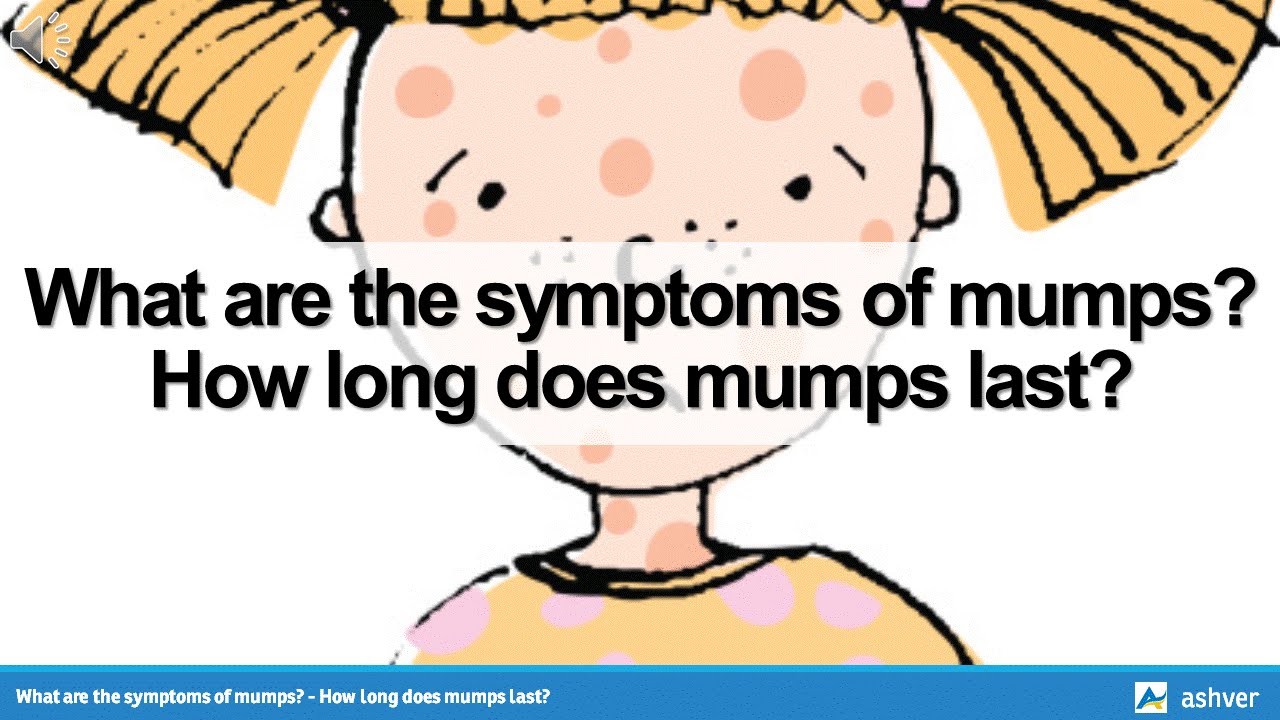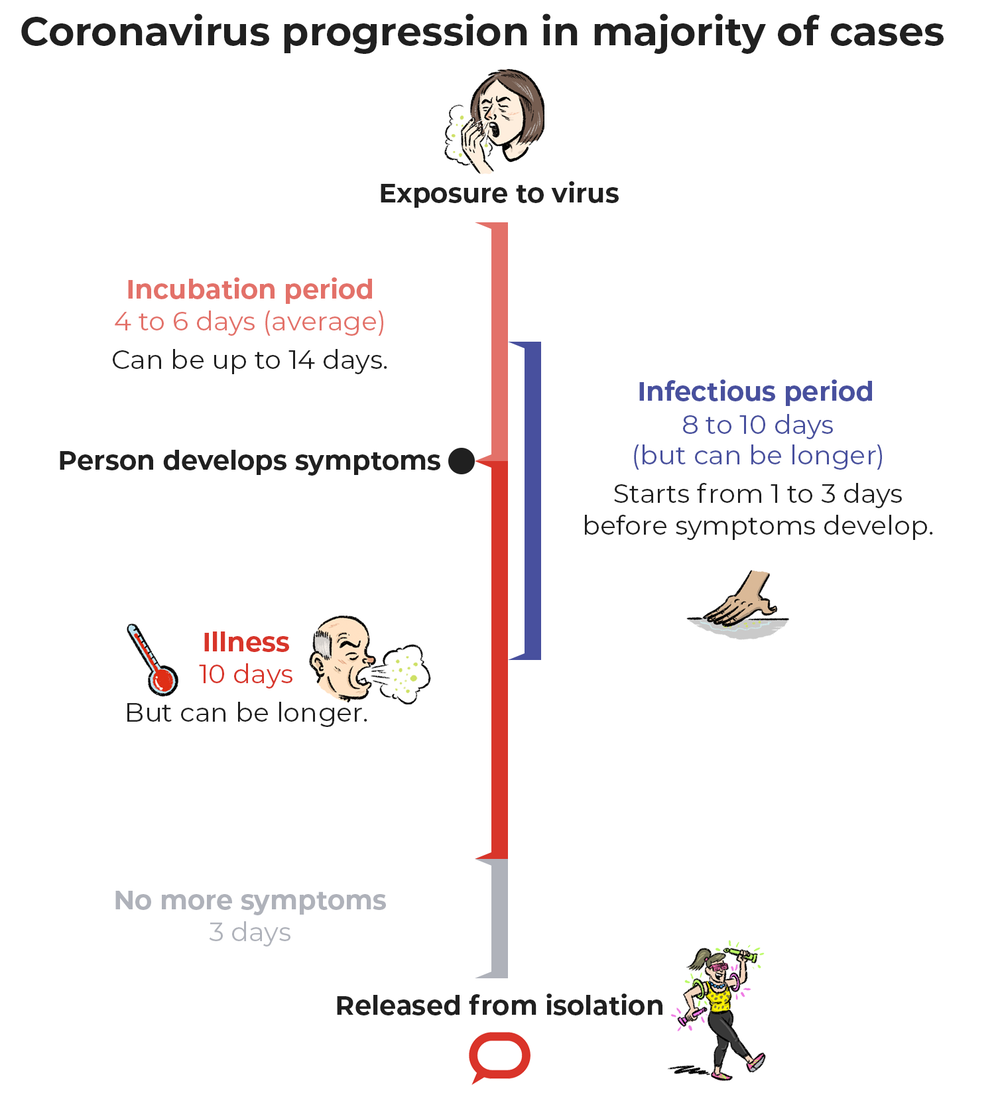
A disease is defined as a biological abnormality that negatively affects the system, organism, or system of the human body and is not caused by any direct external influence. Diseases are usually classified into different categories based on the type of disorder and cause. These categories include cardiovascular disease, cancer, respiratory infections, inflammatory diseases, digestive disorders, reproductive disorders, hormonal, hematological and neurological disorders – הפרעות נוירולוגיות. The main categories that are commonly found in our daily life are cancer, cardiovascular disease, infectious diseases, urinary tract infections, leukemia, skin diseases, metabolic disorders, infectious diseases and gastrointestinal diseases.
Some diseases can be classified into subtypes. Subtypes include gastrointestinal, neurological, immunological, metabolic, neurological, and gastrointestinal. By subtype, the pathophysiology of the disease can also be determined. However, different types of diseases also have some common characteristics that are inherent in them. Some of the common characteristics of different types of diseases:
- A common characteristic of many types of diseases is that the cause of the disease is unknown or the person cannot pinpoint the exact cause. This means that the cause of any disease, even the simplest one, can be several diseases at once. While the exact cause of a particular disease remains unknown, some causes can be isolated, such as the presence of parasites in an animal or the consumption of a chemical.
- There are no definite cures for the disease. There are many types of drugs and treatments available to treat diseases. However, all these methods and treatments do not provide a permanent cure for disease. All of these treatments and treatments have their own side effects and can lead to further deterioration in physical health.
- The duration of the illness is very short. Some diseases do not cause long-term harm to a person, and after a while he can continue his normal activities as usual. However, other conditions such as heart disease, leukemia, and immune system disorders can be fatal if left untreated for too long. Although the duration of the disease depends on the type of disease, some diseases can persist for a long period of time. Certain diseases, such as cancer and HIV, can have short and long term symptoms.
Symptoms can vary depending on the type of disease. There are some diseases that have different types of symptoms. Some of these types of symptoms include fever, abdominal pain, muscle pain, fatigue, nausea, jaundice, skin rash, headache, loss of appetite, swelling of the legs and joints, etc. visible only from the outside. There are also some diseases that show no symptoms at all.

Different forms of disease can affect the human body in different ways. Therefore, it is very important to have a complete understanding of the disease in order to accurately diagnose its type and treat it accordingly. However, by mere appearance, the disease is not diagnosed.
Some diseases can only lead to death in severe cases. Therefore, it is always advisable to consult a doctor before making a diagnosis. If the condition is serious, it is best to seek help from a doctor with more experience in this area. Many people suffer from various medical conditions, but do not have serious complications. However, some mild diseases can be treated naturally.
The disease can be divided into two main groups. The first category includes infectious diseases such as cancer and AIDS. The second category of diseases includes noncommunicable diseases such as cancer and diabetes. These diseases are known as non-communicable because they do not cause harm or other physical harm to the human body, and therefore the body cannot fight and recover from them.
There are many different treatments available to patients with these conditions. In some cases, doctors will advise patients to go for surgery, and in some cases, doctors will prescribe chemotherapy. In some cases, doctors may even recommend that patients undergo surgery and chemotherapy at the same time.
Patients suffering from the above diseases should always remember that they will not die soon. and if the condition is not cured after a day or two, it will continue to worsen.
Leave a Reply